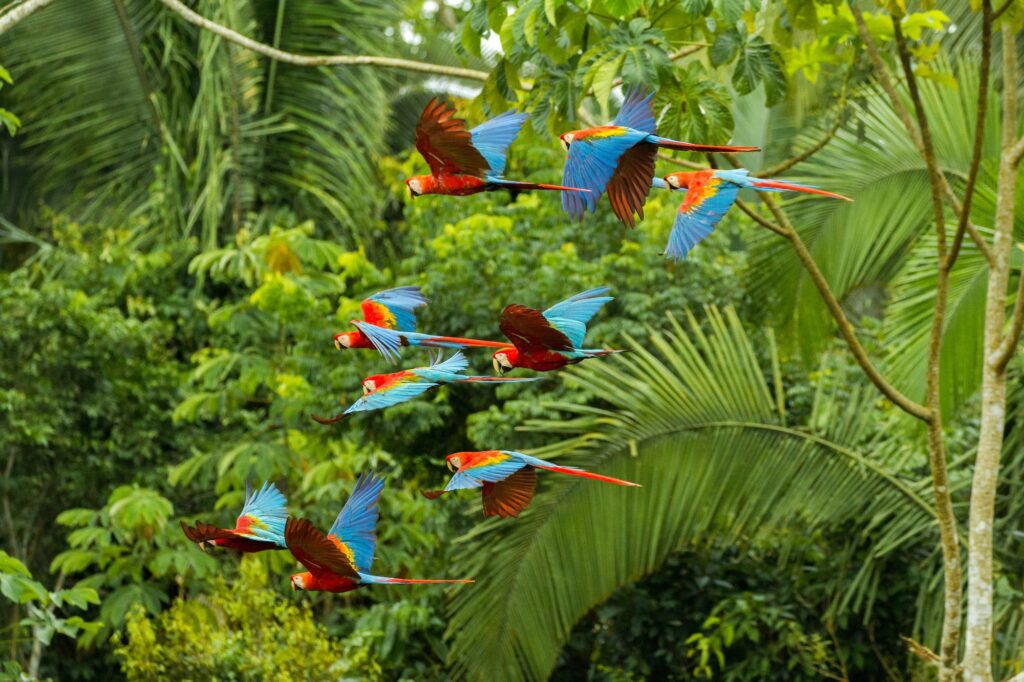From the Amazon to LA: Destruction From Climate Change and Greed Know No Boundaries
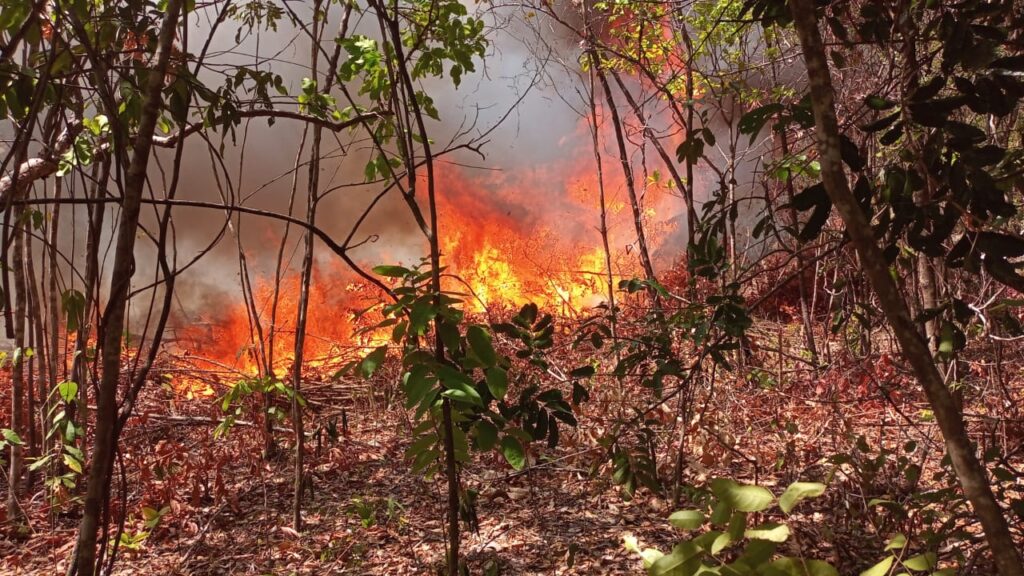
Fires ravage the São Marcos Indigenous Territory in Brazil, February 2024.
A Year of Resilience, Progress, and Hope for Rainforests and Indigenous Peoples’ Rights
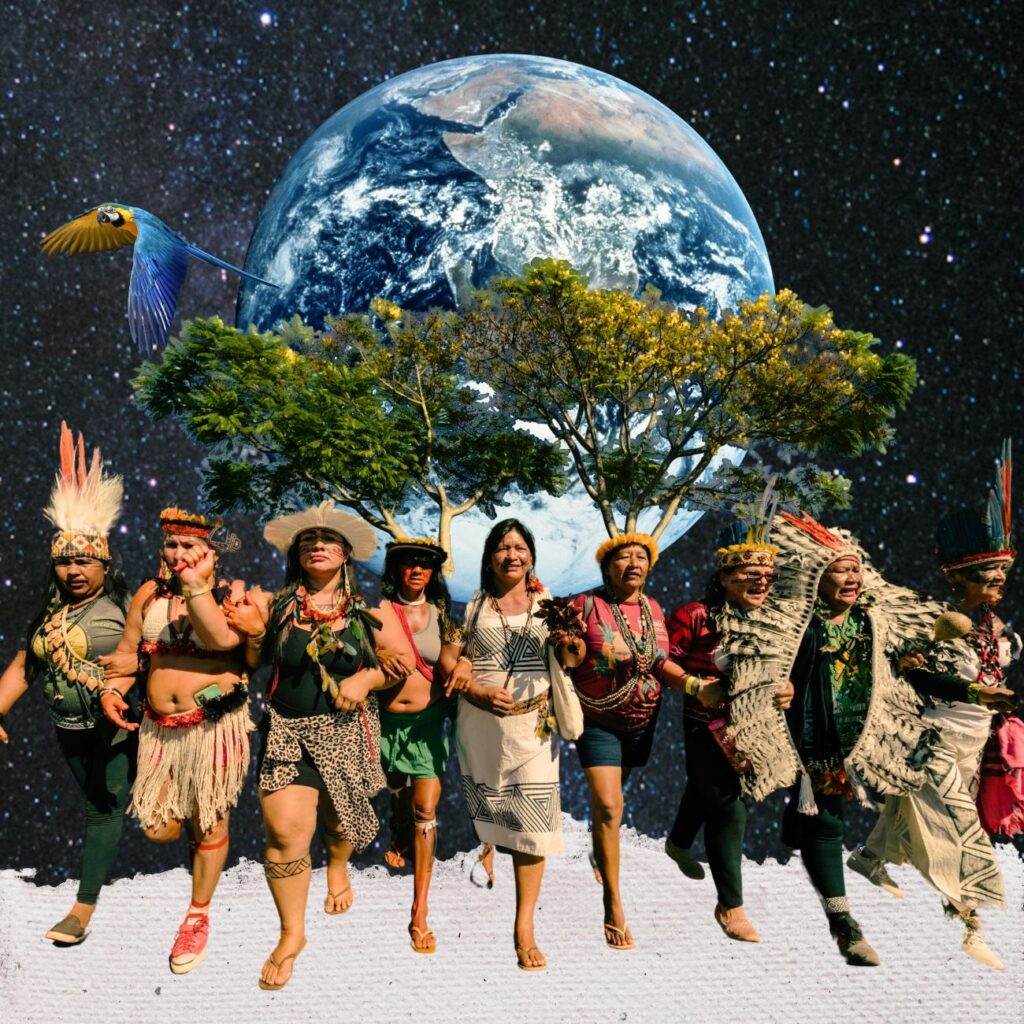
As 2024 comes to a close, there’s much to reflect on. It was a year of immense challenges. Yet despite these challenges, we made significant achievements in protecting rainforests and supporting our Indigenous partners across the Amazon and Central America in their efforts to defend their ancestral territories—making 2024 a year defined by resilience, hope, […]
The Future of Giving: How Crypto and AI Are Supporting Rainforest Protection

One of the more recent examples of technological potential is through S.A.N (Sentient Advocate of Nature), an AI creation designed to act as the “voice of the Earth.”
EarthRanger announced the grantees of the 2024 Conservation Tech Award: Rainforest Foundation US and the Scottish Oceans Institute.
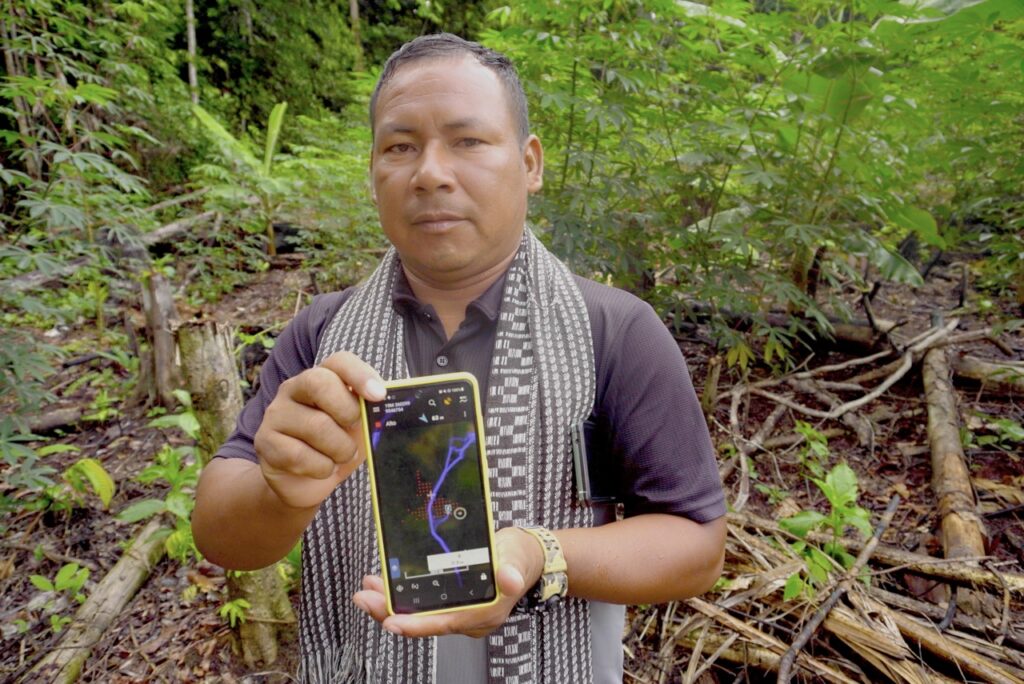
Guardians of the Amazon: Kate Broug investigates the new high tech defenses of an Indigenous tribe (Published by Digital Journal)
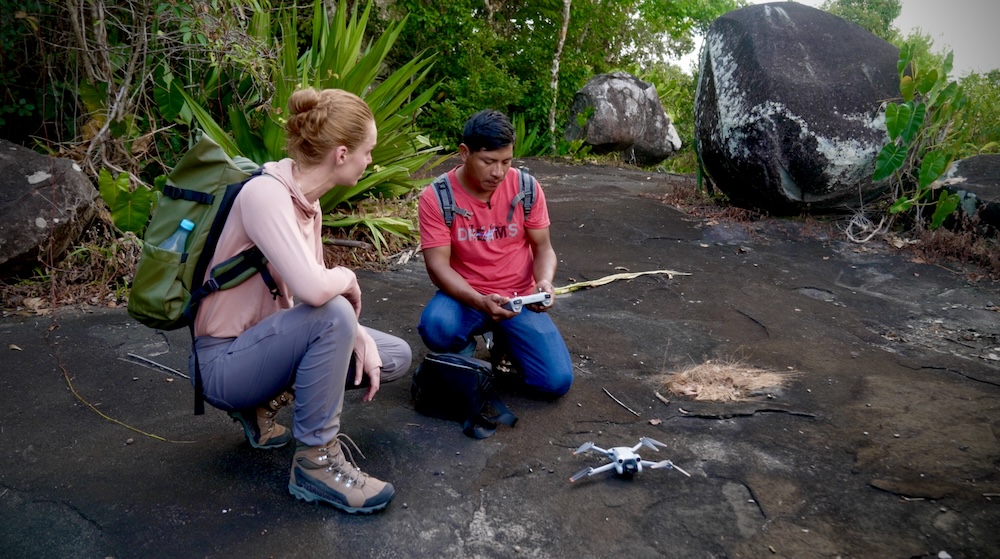
2024 A Year In Review

A Message From Our Executive Director Dear Friends and Supporters, As we look back on this year, we are both humbled and inspired by the progress made alongside Indigenous communities across the Amazon and Central America. Together, we have witnessed historic wins: from securing legal titles for 20 Indigenous communities in Peru’s Amazon to training […]
COP16 & COP29: Global Promises Must Turn Into Urgent Action
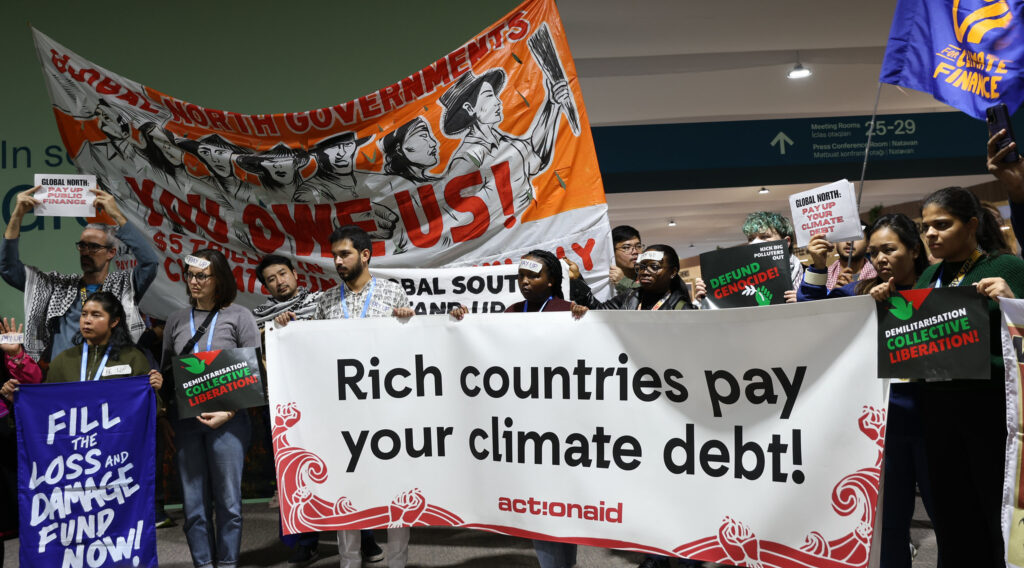
Never before has the need for global unity in addressing the climate crisis been more urgent. Predictions have been made with near certainty that 2024 will be the warmest year on record. [1] This year, the Amazon rainforest experienced its worst drought in recent history, accompanied by a record number of fires that blazed across […]
The Falling Sky: Davi Kopenawa’s Warning Reaches the United States
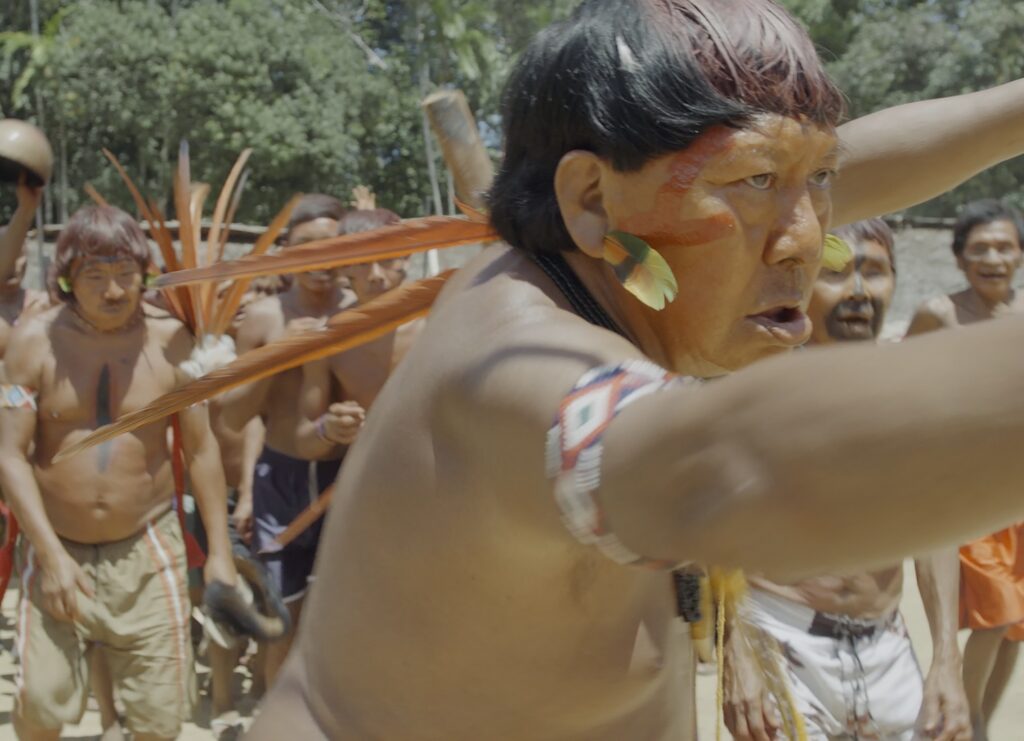
Adapted from a book by Yanomami shaman Davi Kopenawa and anthropologist Bruce Albert, the film intimately portrays the Yanomami’s struggle to protect their land and culture from relentless outsider encroachment.
The B’atz Project: Reflecting on Three Years of Impact in Mexico and Central America
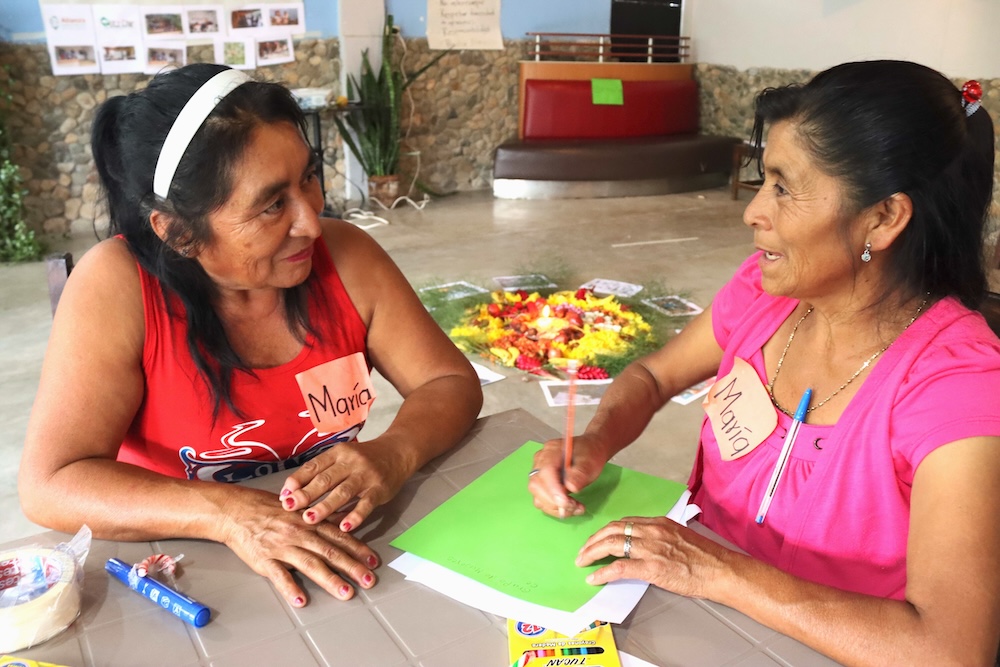
Funded by a $2 million grant from US Agency for International Development (USAID), the B’atz project has worked on multiple fronts over the past three years to enhance the capacity of Indigenous and local community organizations throughout Mexico and Central America.
Fall 2024 Newsletter
